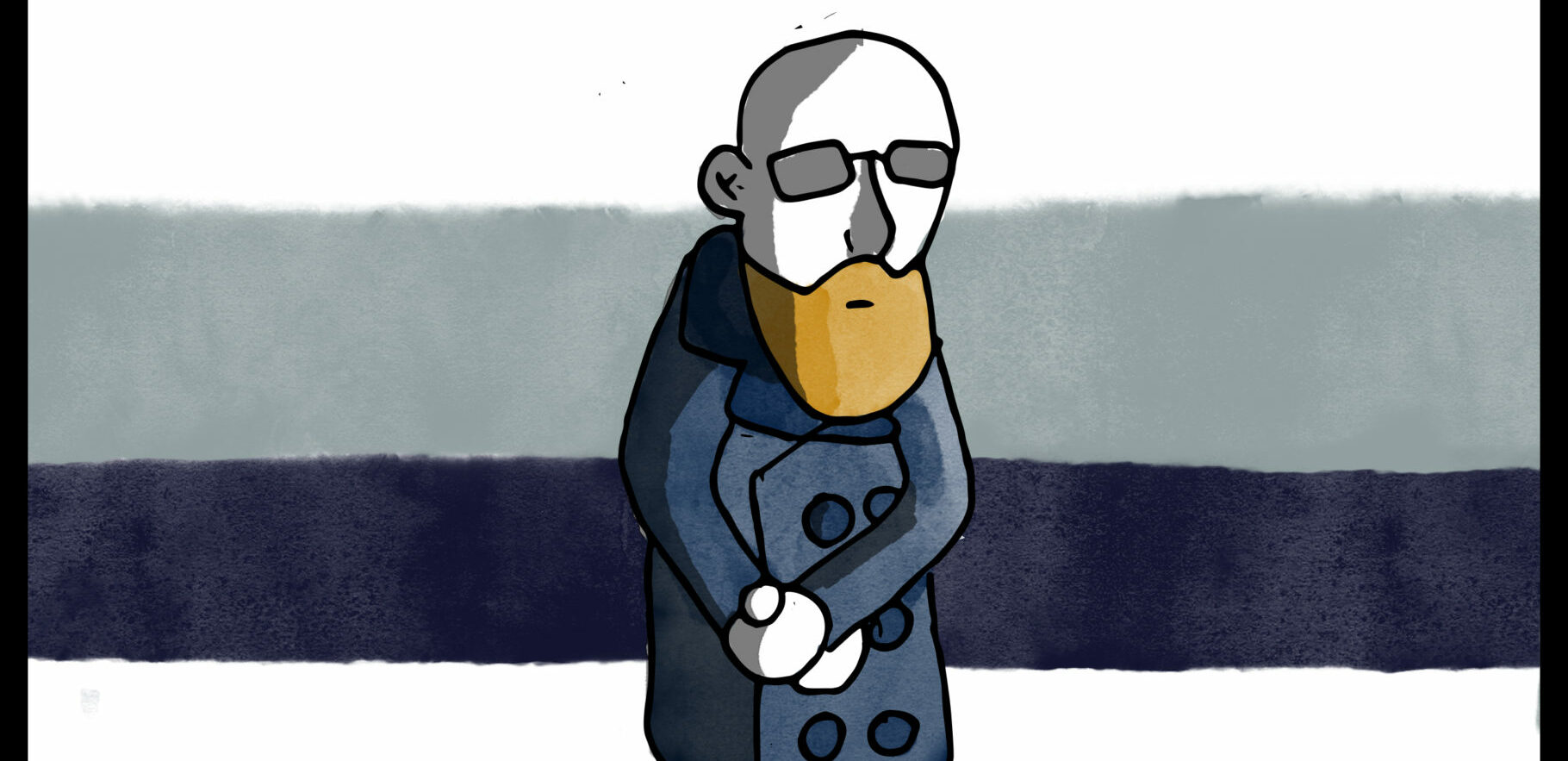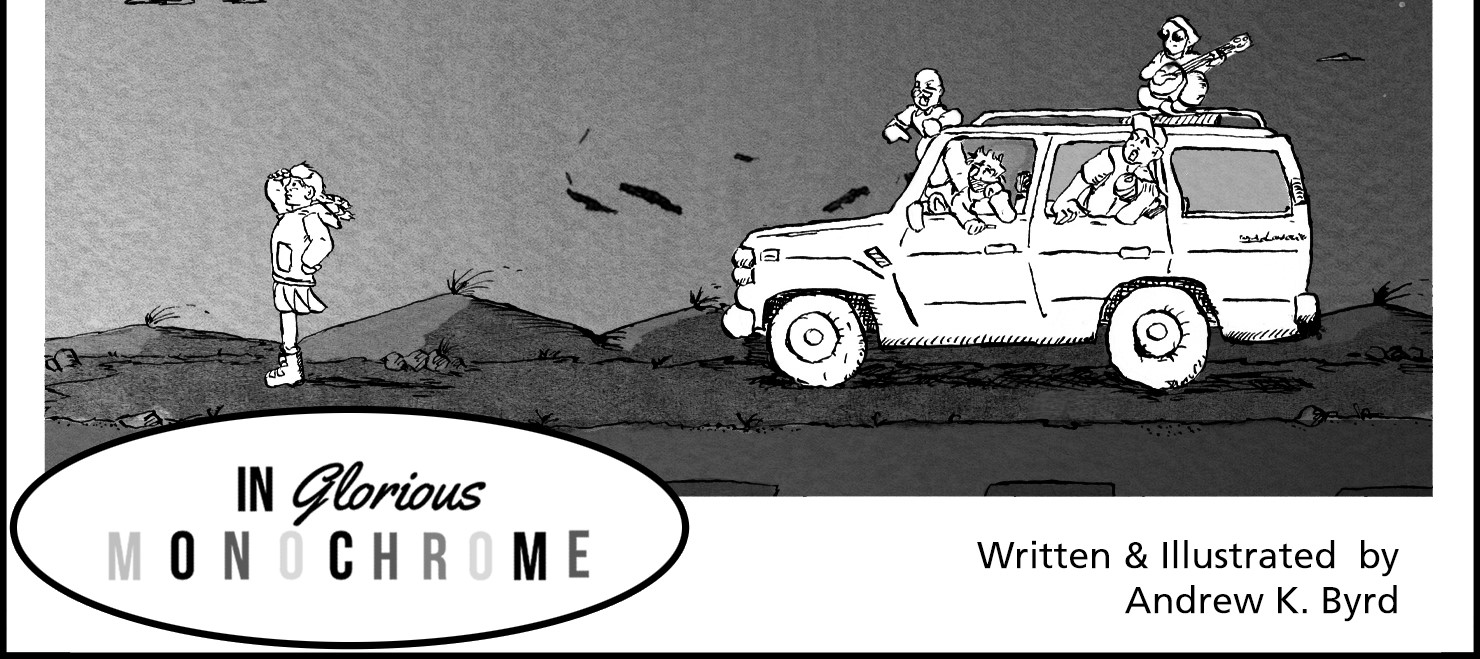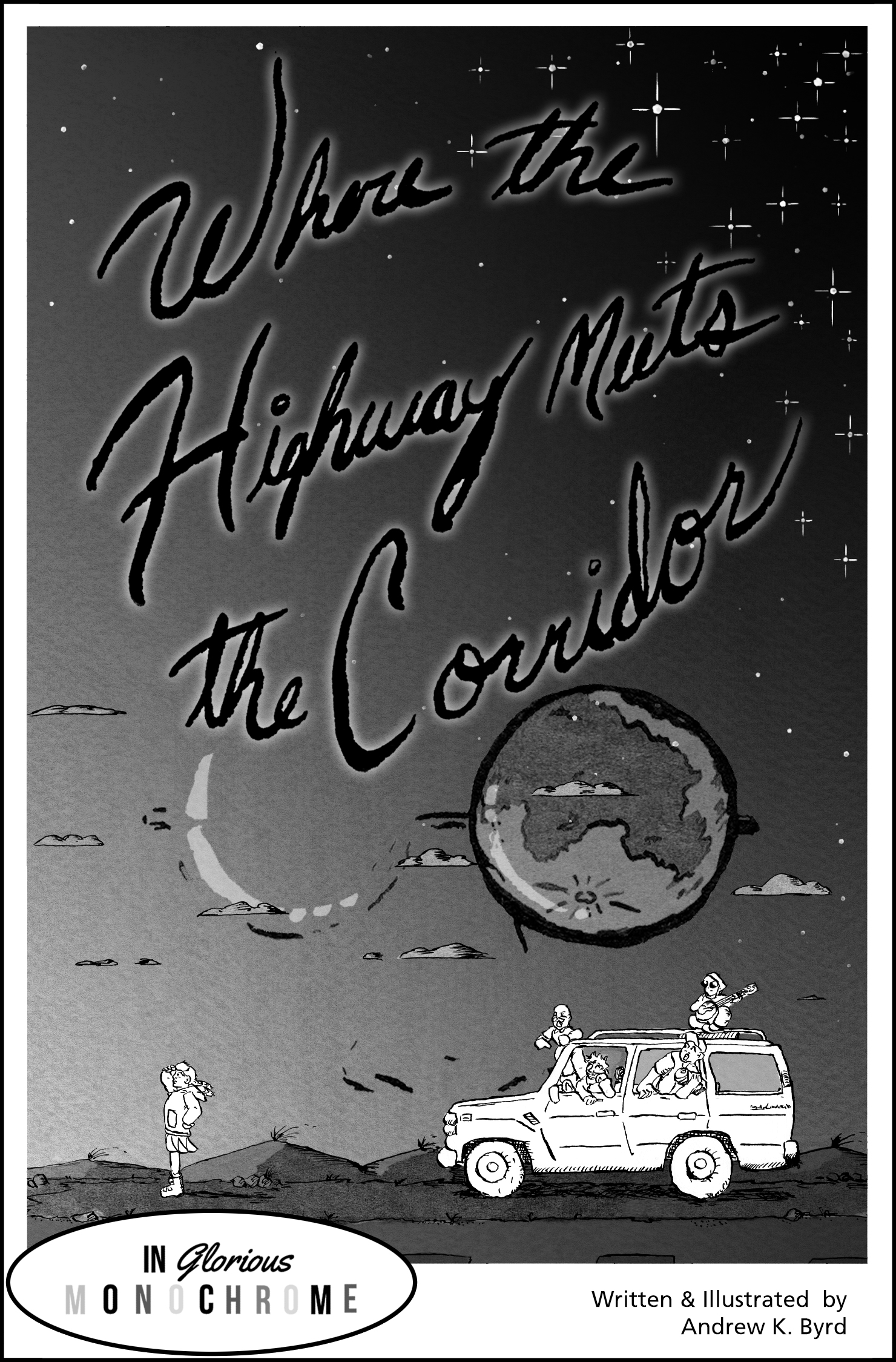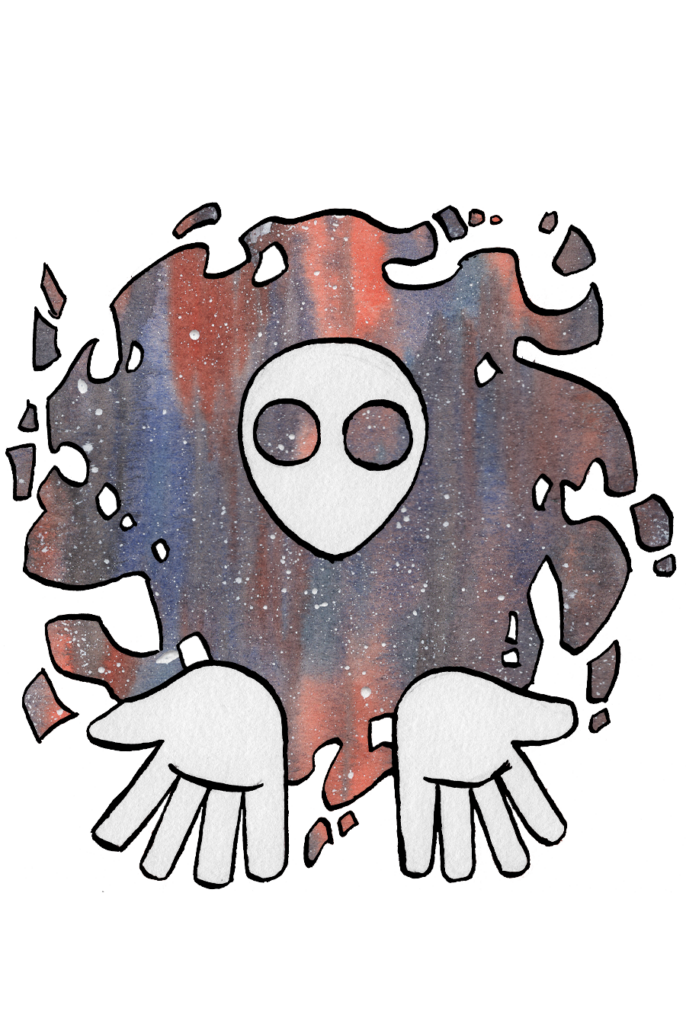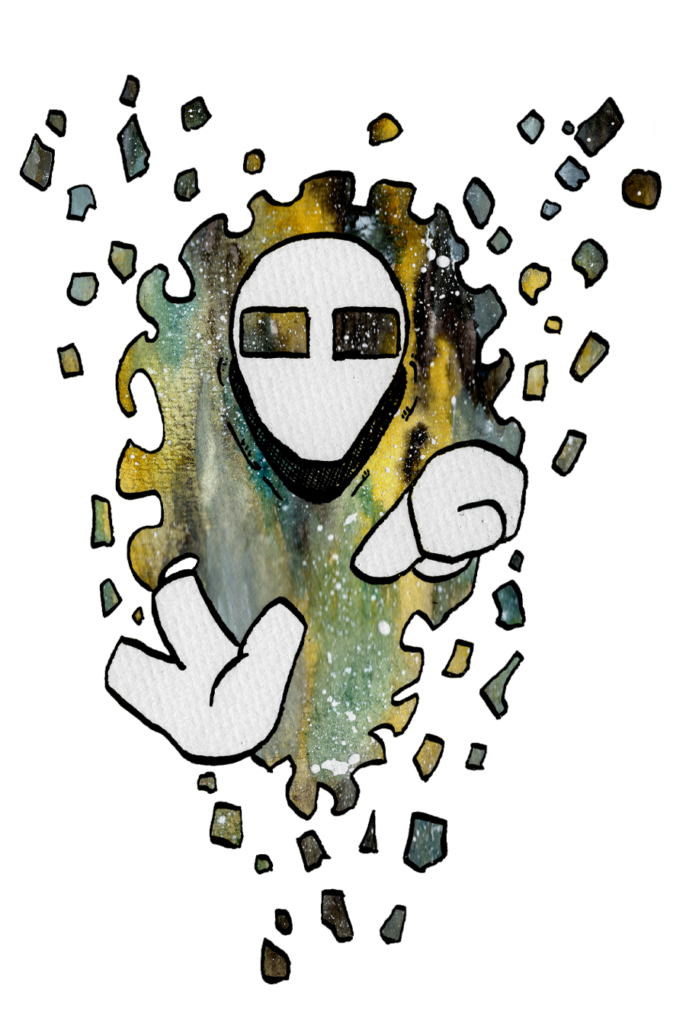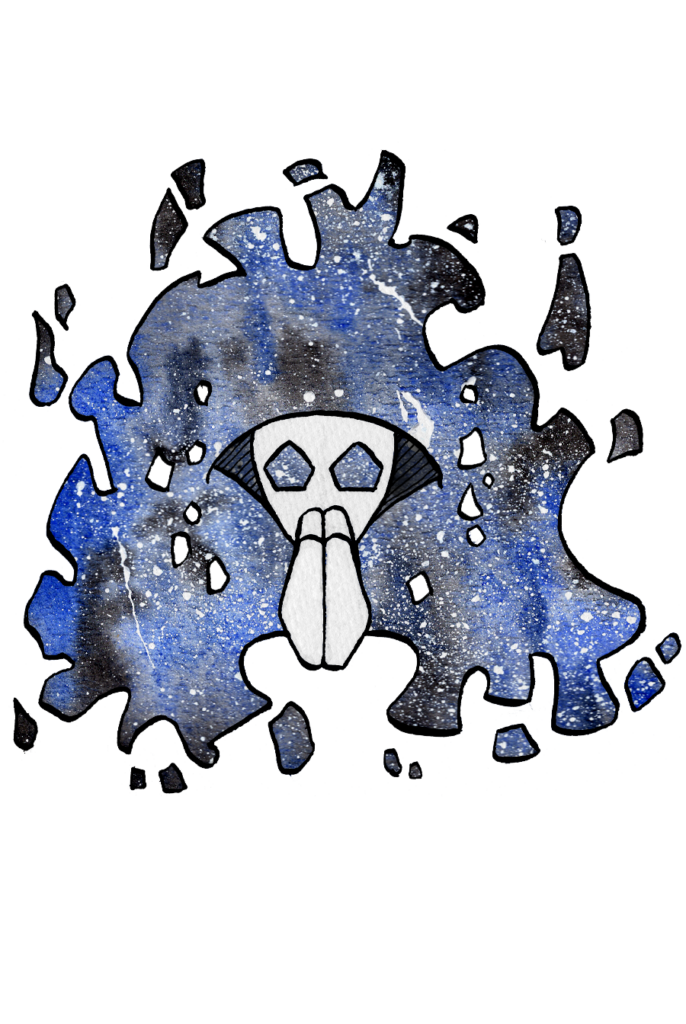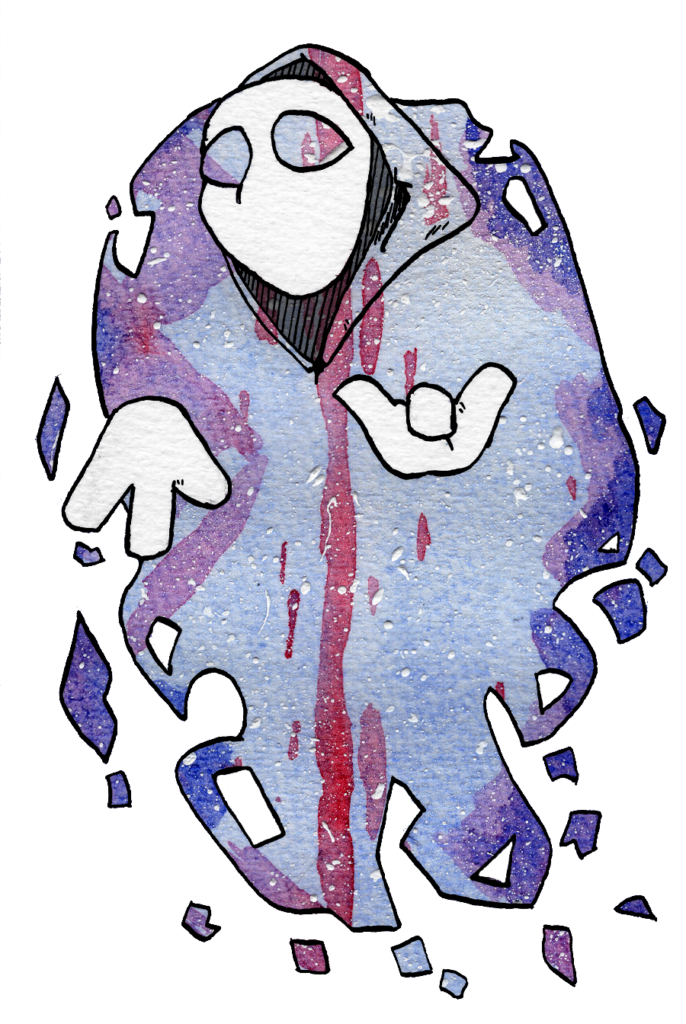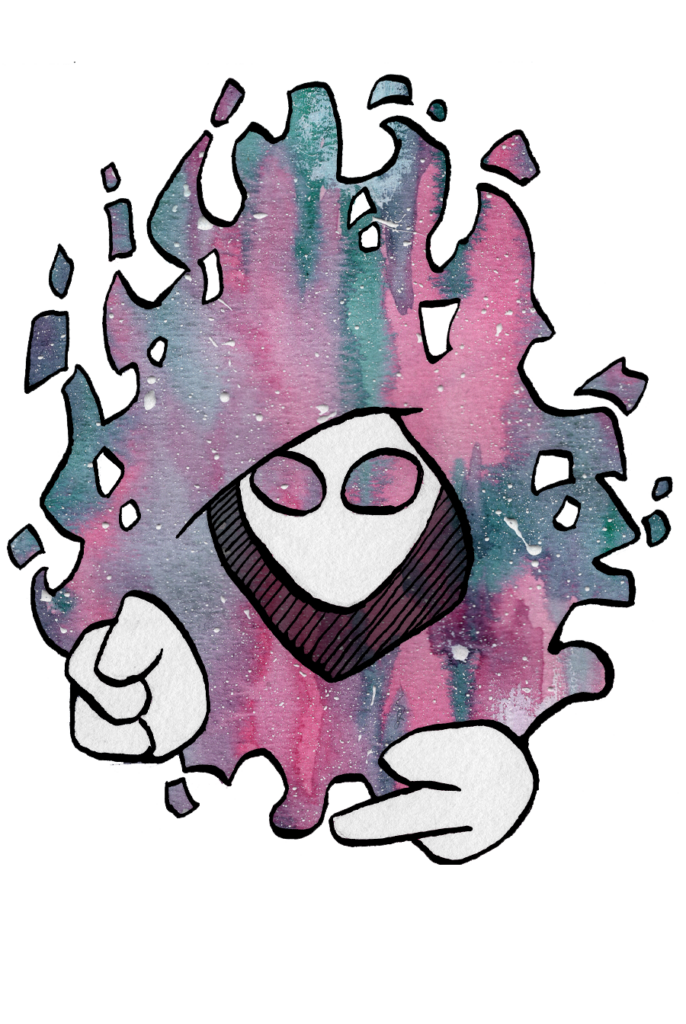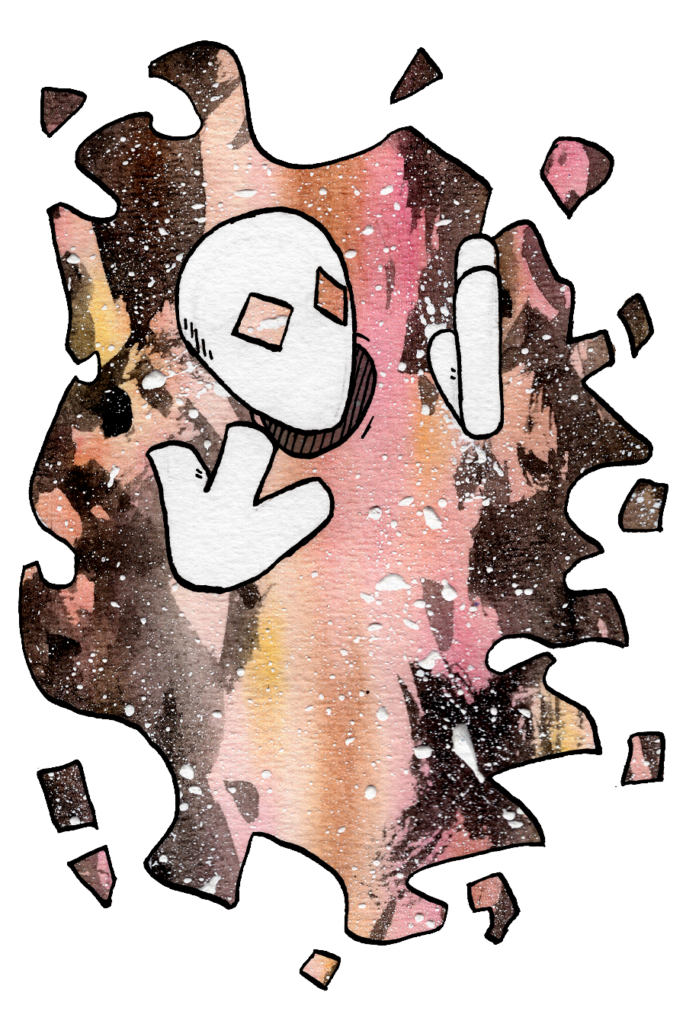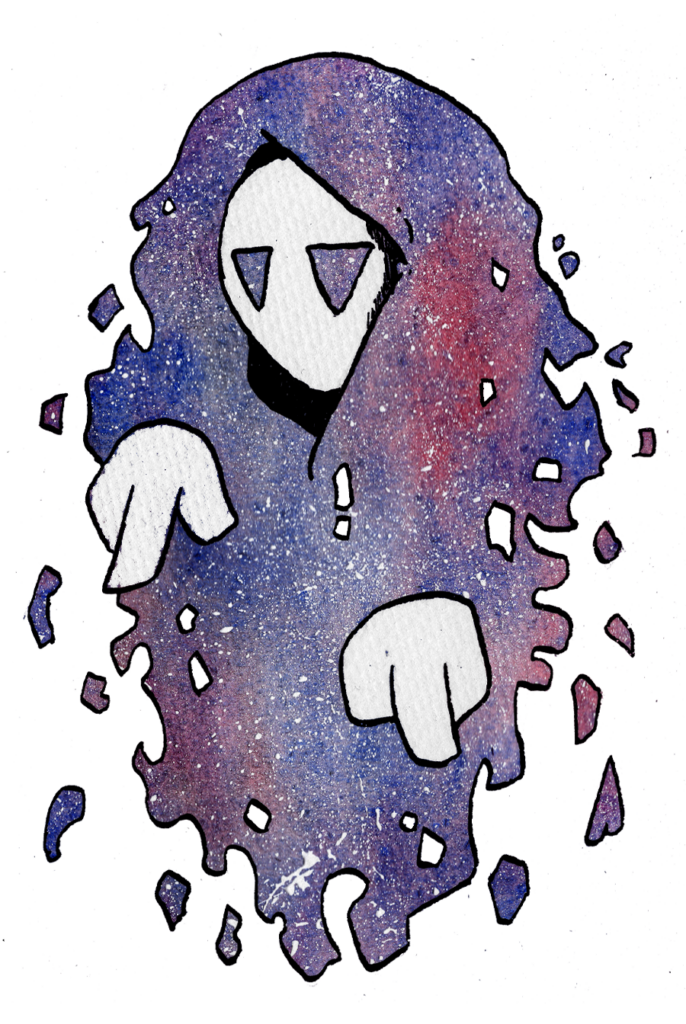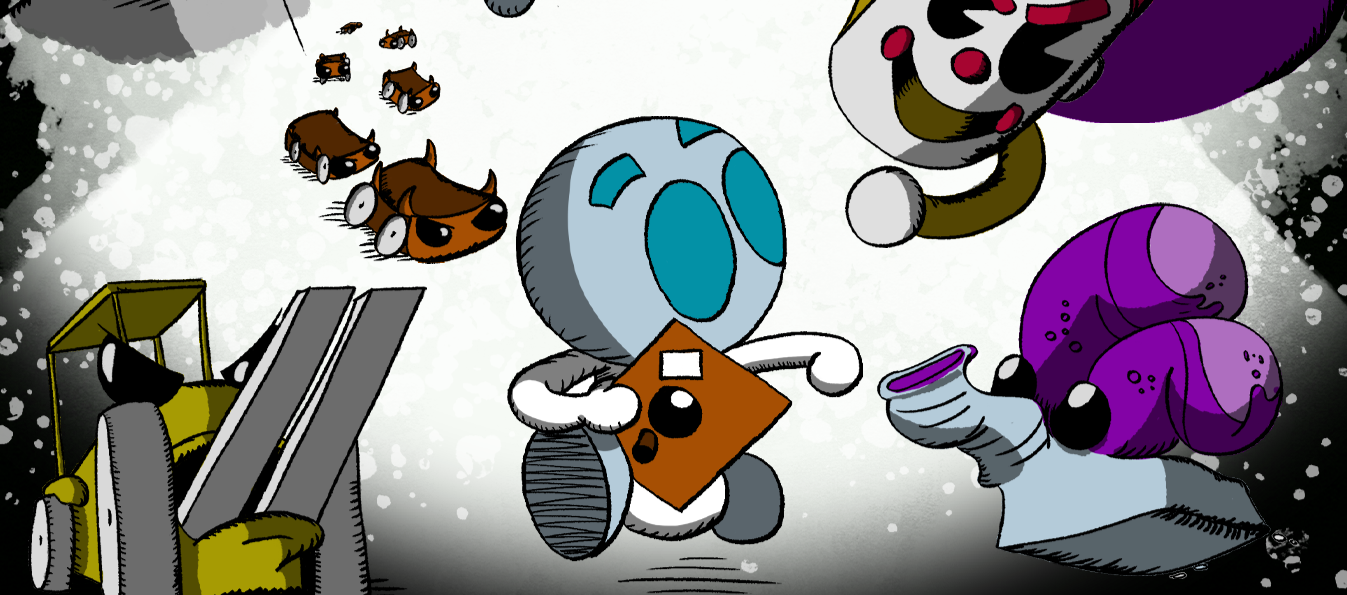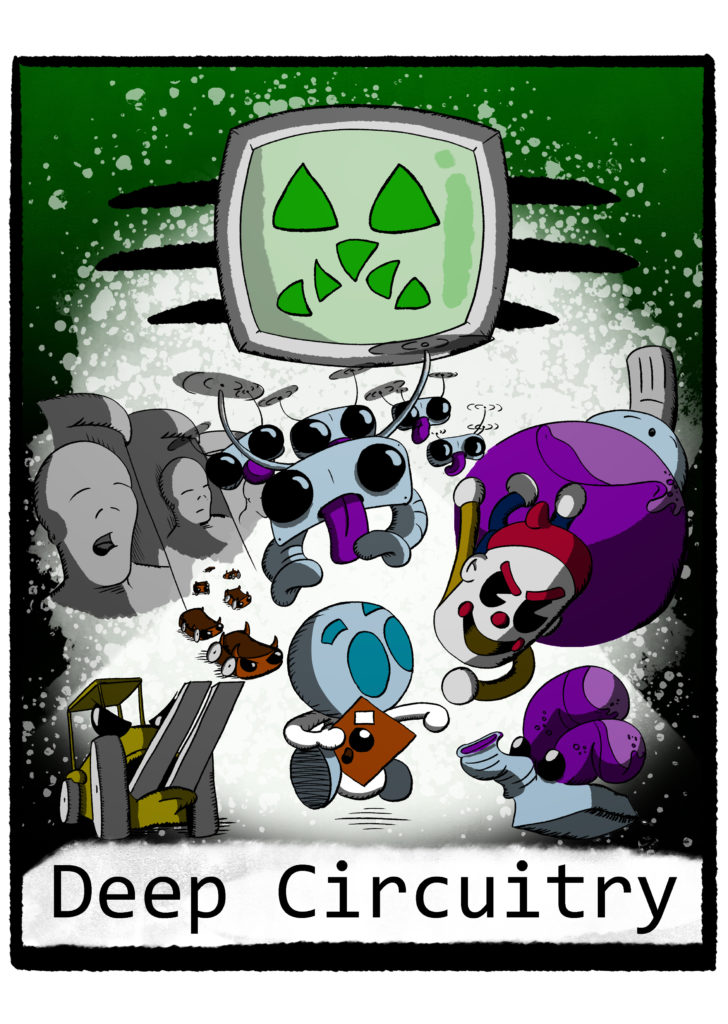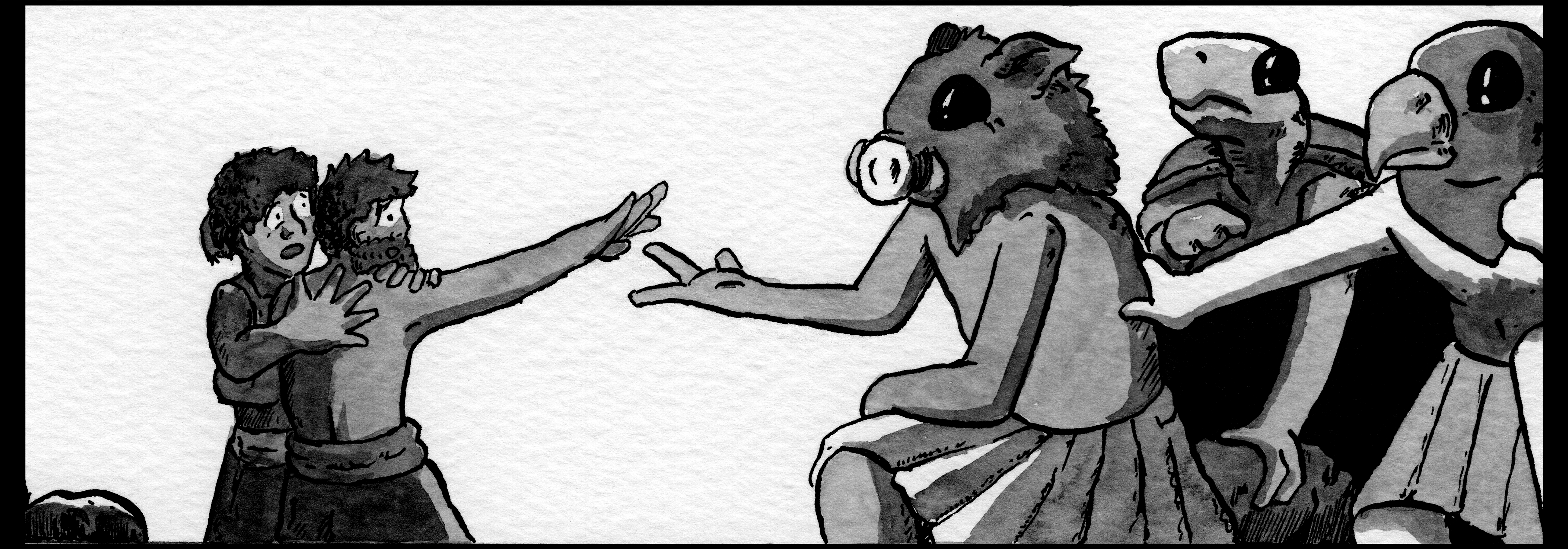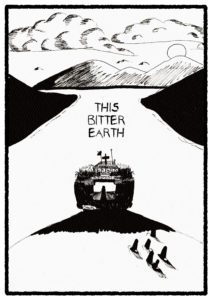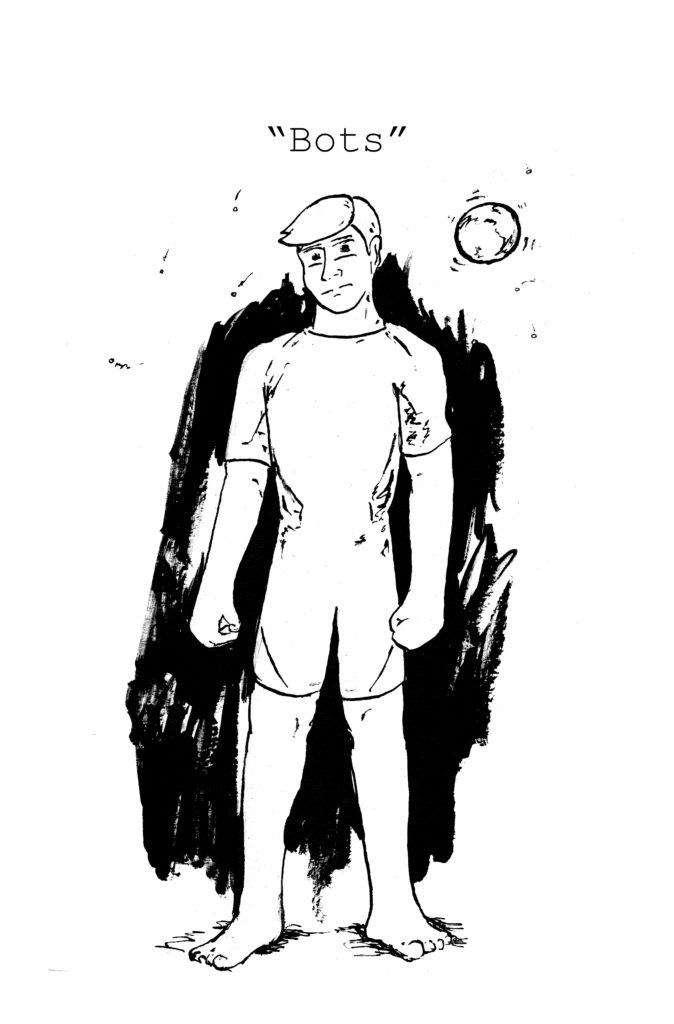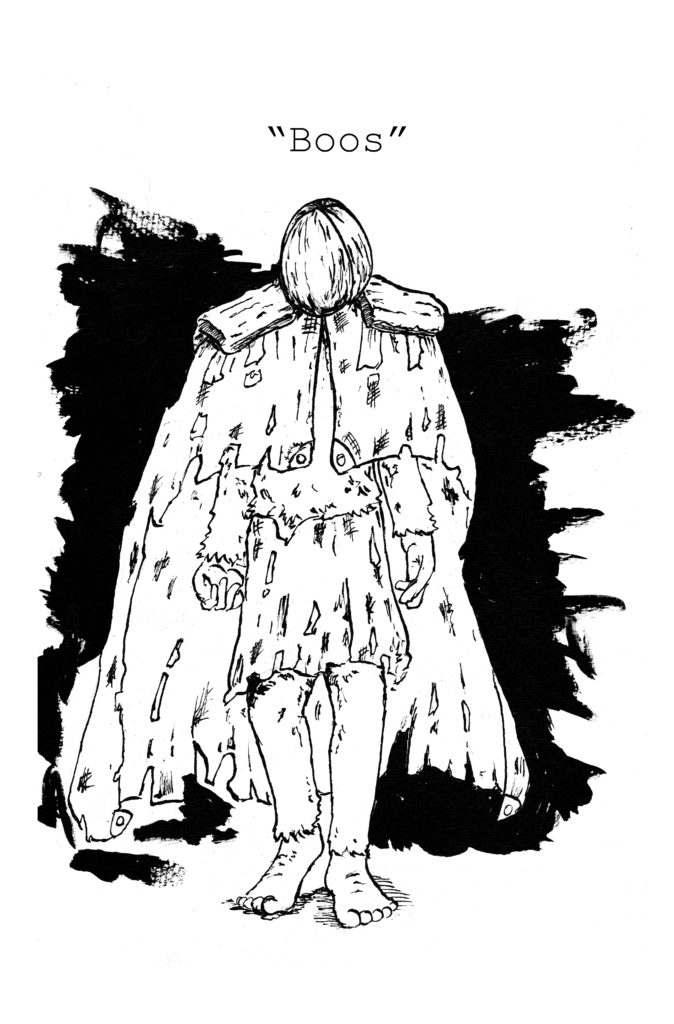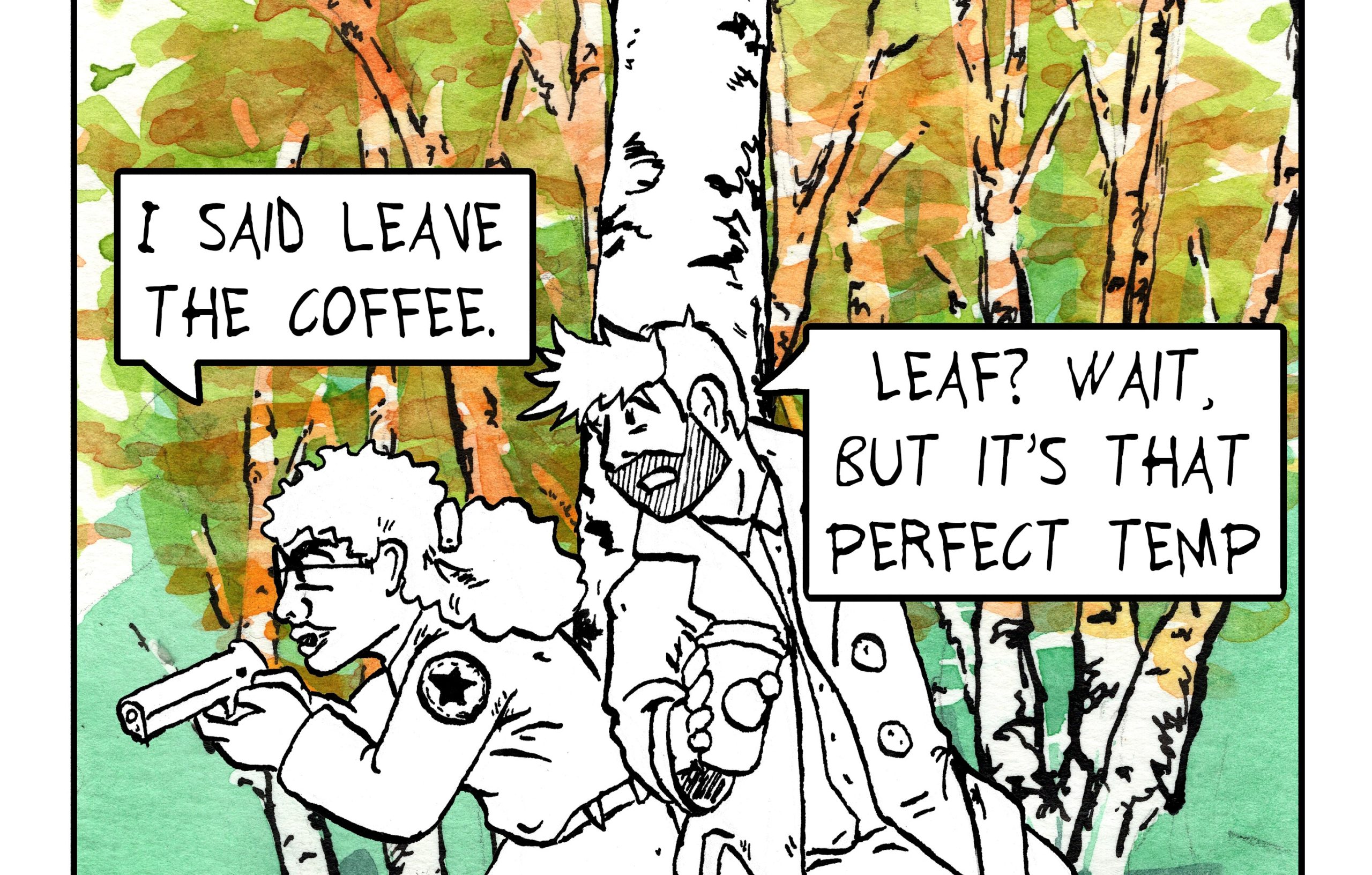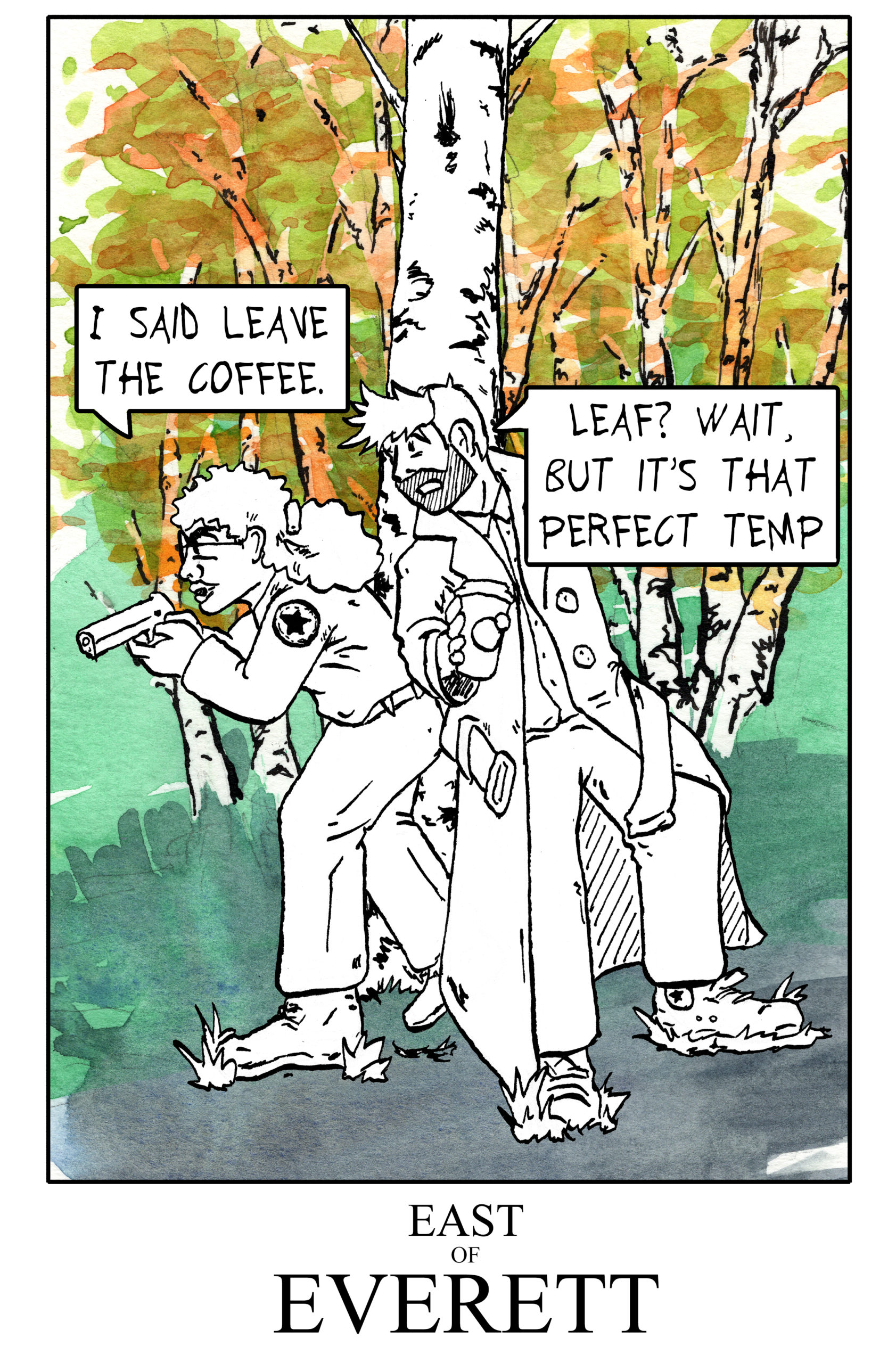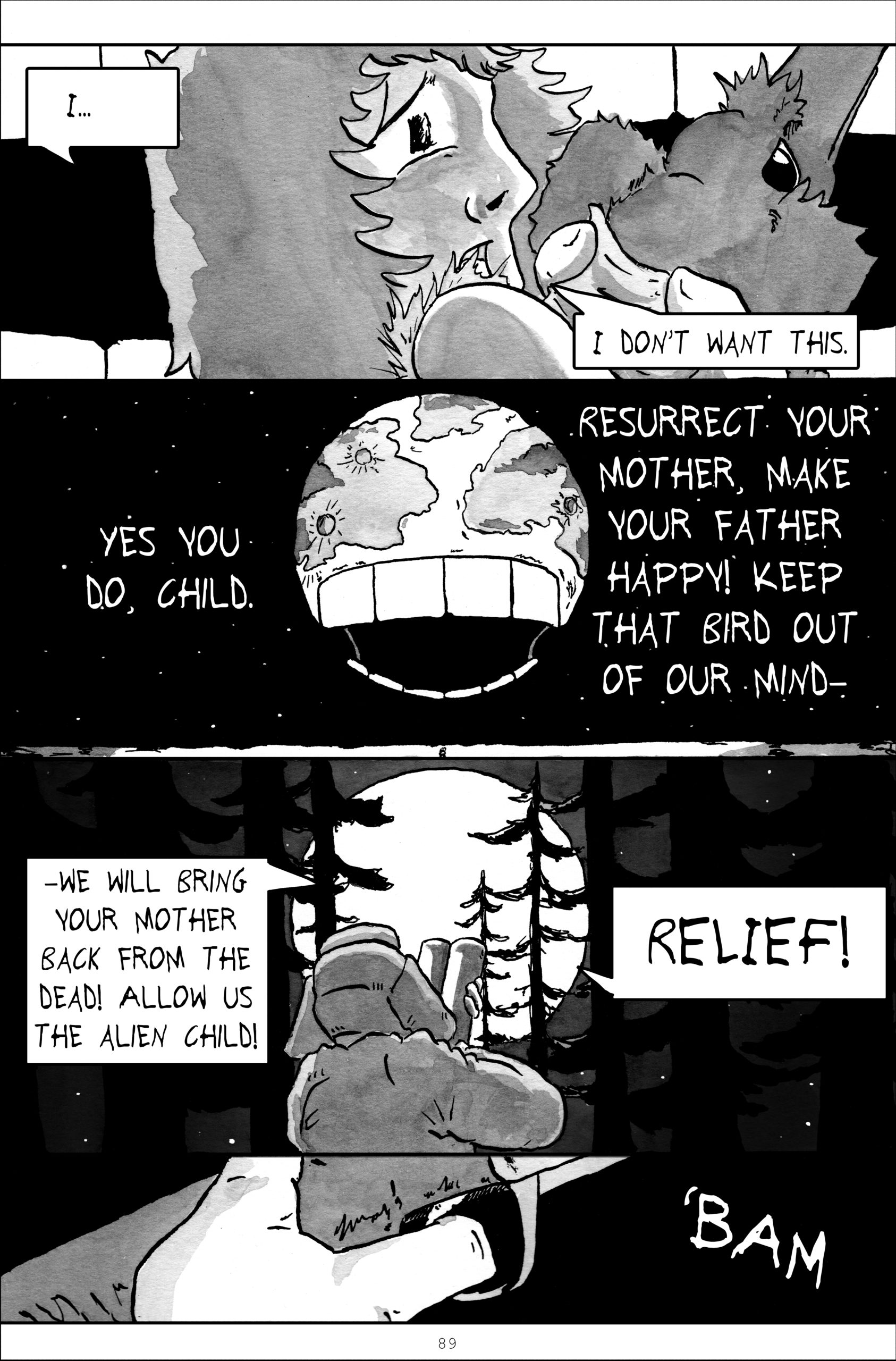So I have this half baked idea of a story between the fake raven gods and the fake seagull gods, the two most prevalent birds you see picking through the trash along the Puget Sound. I know I’ve spent a lot of time fleshing out the raven gods, but I’m thinking that this black bird and this white bird dynamic means that I need to introduce another fake god, the crows. Because you just don’t see Ravens much near water. I’ve hesitated about introducing the crow because that means two similar looking black bird gods, but maybe I can work with that. Who are the fake crow gods?
I do want to play around with the light versus dark trope, and I think I’ve done that in my script “Francis the Mute”, which is the story of a video production company editing together a documentary about a mute veteran, Francis, who rehabilitates seagulls. Over the course of the producer and the audio engineer talking, they begin to notice that the subtitles for Francis’ sign language appear odd. They assume that the translation has been delivered incorrectly, as instead of talking about avian rehab, Francis is talking about how he helps seagulls reach the next plain of existence with their seagull god, Jonathan. Near the end, the audio engineer and the producer end up passing out and Francis spends time looking into the camera. It’s been a minute since I read it, I wrote it back in 2016.
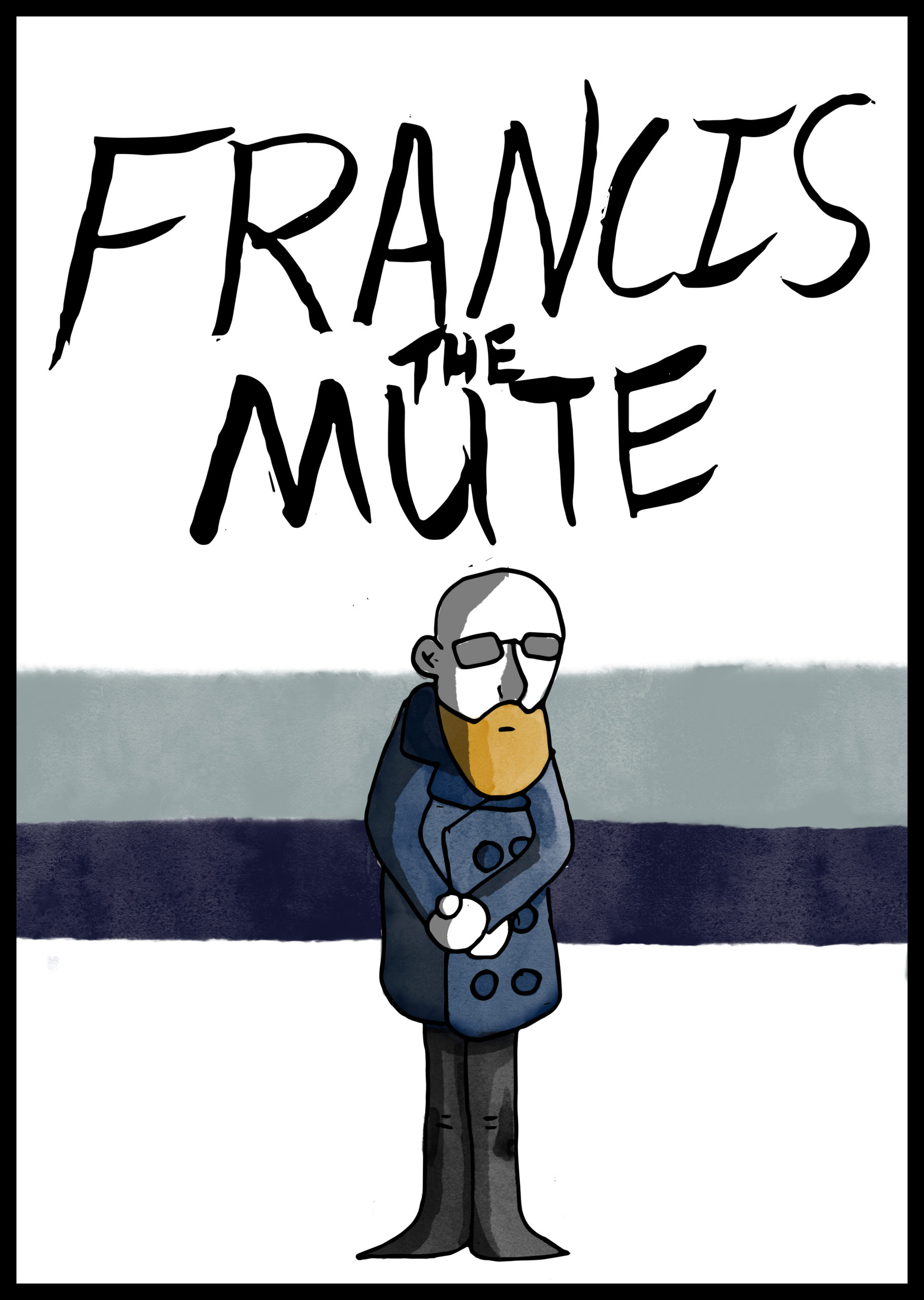
But, during rewrites, it started to occur to me that Jonathan may not be a kind god or an honest god. The alien hybrid gods feed and live in thought, but what happens when there are no humans that believe in the seagull god, or whatever the seagull god represents? Most gods end up dying out, or end up changing the sentiment they feed on, but that means changing who they fundamentally are so they can feed on that particular emotion or sentiment. Maybe the fake gods behind our seagull god Jonathan figured out a different way. Maybe Jonathan taught seagulls to be just smart enough that they could sustain our thought beasts and then hired a human to lure them to a god who eats them to stay alive.
That would all be subtext and backstory. In the “Francis the Mute” script, it’s mostly just a spooky story about a local news puff piece that ends up being a creepy man who makes seagulls disappear. So the question is, what god counters Jonathan and lives within the idea of what crows represent?


